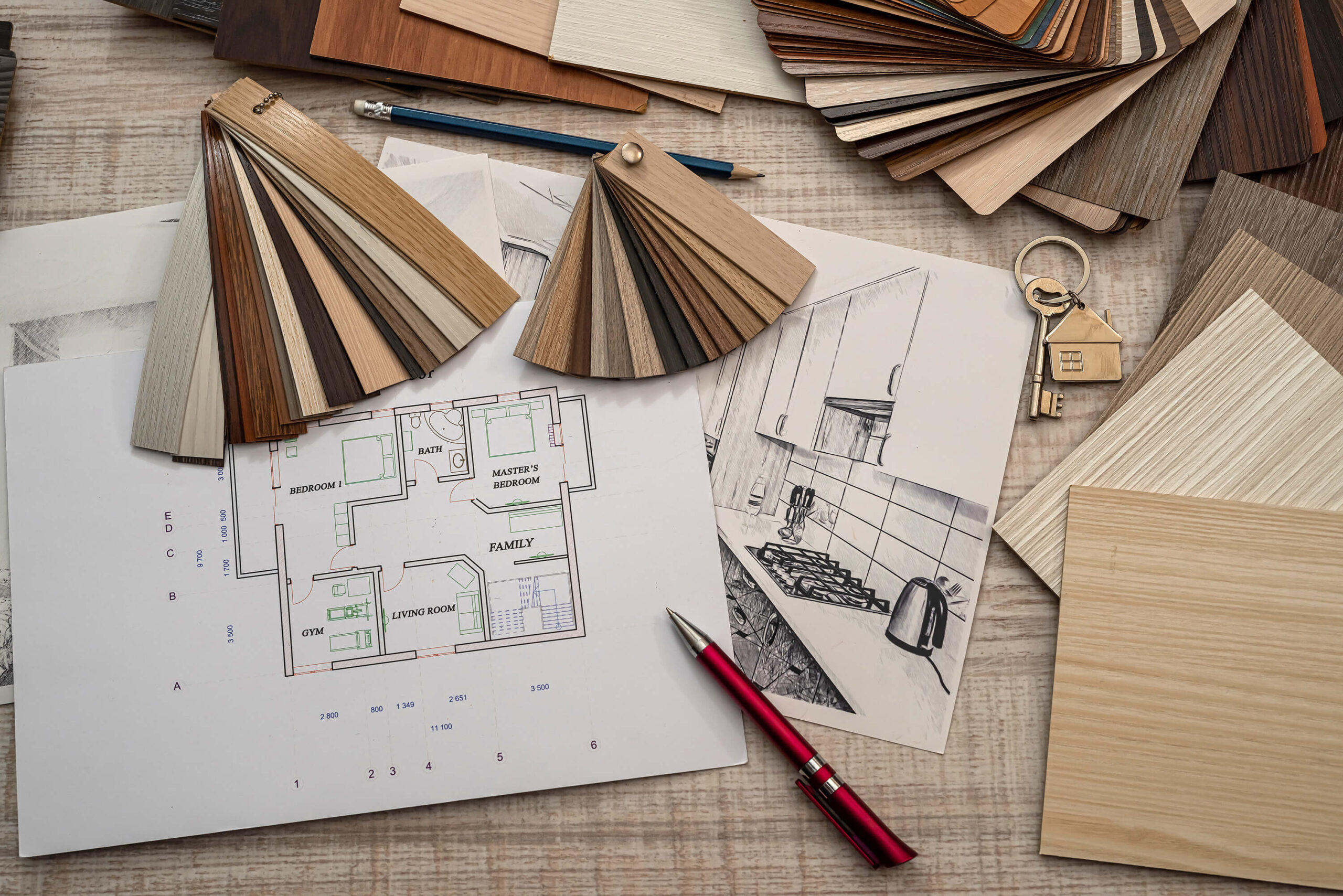While countries world-over had to grapple with months of Covid-led lockdown, it’s truly phenomenal how proptech played a crucial enabling role in the UAE opening up for business early, safely, and successfully. Credit it to technology-enabled remote operations, provided operational visibility for sanitization levels of occupant safety and wellness. That’s the most relevant example of the potentiality of prop-tech.
For the unversed, prop-tech is a buzzword that means ‘the usage of digital innovation in all the processes relating to property search/buying, selling and managing’. Thanks to virtual viewings, AI-powered valuations, blockchain transactions, and online listings, the scope of proptech has expanded, and how!
Gaining Ground
As a KPMG group report suggests, 2019 proved to be a banner year for proptech, securing $2.6 bn of global investment, which was up from $1 bn in 2016. To be sure, UAE is emerging as a leader in enabling people-centric digital services.
The Dubai Land Department (DLD) introduced AI into the valuation process of real-estate properties in September last year. The move was expected to reduce the valuation processing time to 15 seconds and cut the cost by 20 percent. DLD introduced AI to verify ‘Ejari’ contracts back in 2018.
Many real-estate companies have already experienced the positive effect of using Big Data. A case in point is UAE-based Property Finder, which launched a new feature enabling people to live stream a house viewing and leave real-time comments for agents during Covid. In another instance, Emaar announced plans in July last year to build its first 3D-printed house in Arabian Ranches III.
Tailored solutions are also of essence. For example, Management company-Provis launched its Provis Connect app designed to optimize service delivery, streamline maintenance processes and enhance customer management. A constantly evolving array of proptech solutions is allowing real estate businesses to leverage data to unlock profitability and revolutionize the user-experience of the real-estate sales forces.
According to CREtech, the real estate industry received a record-breaking $14 Billion of investments in just the first six months of 2019
From Strategy to Implementation
Collaboration with high-tech startups is one of the most popular ways among real estate incumbents to move from innovative strategy to implementation. Many tech firms and startups now see the current landscape as an exciting time to introduce homegrown proptech solutions. HomeValue, a Dubai-based start-up, recently claimed to have launched the region’s first independent and instant home valuation platform powered by proprietary artificial intelligence algorithms.
Online walkthroughs, virtual tours, staging, and 3D models greatly simplify the search process and help real estate agencies cut costs. 46% of real estate respondents of the National Association of Realtors found virtual tours very useful. Potential buyers are wandering around digital rooms, getting acquainted with space. Buildings under construction become real with interior and exterior design. Software like Matterport enables adding digital assistants to guide customers on how to use utilities. Each aspect, from property search results to customer assistance, can be taken to a new level. For instance, technological advances will help people find a property according to their personal traits or previous experience in the future.
Most notably, SoftBank raised about $1.76 billion for developing the PropTech segment.
$1.76 Billion raised by SoftBank for developing the PropTech segment
Chatbot Solutions
AI applications like chatbots can be made available to customers 24/7. This helps commercial real-estate agencies provide clients around the world readily available support and better accessibility, irrespective of their schedule or the customer’s time zone. Another startup, Via Fone Technologies, offers AI chatbot that engages with customers in two-way communication. When it comes to real-estate, AI chatbots have revolutionized buying, selling, and renting property by automating the business processes, fostering relationships with customers, and turning leads into customers.
A World of Opportunities
Apart from bots, technologies like biometrics, blockchain, data visual tech, geolocation tech are other opportunities that players in the real-estate sector can embrace. While technologies like voice commands and facial recognition are being used to improve security in commercial buildings, blockchain-based smart contracts are another aspect set to become more widely used in the world of commercial real estate. To be sure, blockchain can negate the need for any third-parties in a real-estate transaction. Furthermore, AI draws critical data about properties from maps of their location, which can be leveraged to analyze and predict future changes and trends.
46 % of real estate respondents of the National Association of Realtors found virtual tours very useful
Realizing the impact of proptech on UAE property buyers, more and more real-estate websites are launching proptech tools on their sites. Among these, virtual reality, blockchains, and chatbots make the entire property leasing, buying, selling, and marketing more efficient and thereby, more exciting. Several market-leading real estate companies and drone-powered solution brands like Sky Vision Dubai to Feds are also using remotely piloted aircraft systems (RPAS-certified) drones to capture footage of properties and their surroundings for use in virtual tours and to produce videos of areas undergoing development or upgrades. After all, a sweeping, swooping drone’s eye view of a property can enhance the sense of space, highlighting the unique selling points of the property effortlessly-something particularly important for properties that boast of an expansive garden, exterior annexes, or outbuildings.
According to CREtech, the real estate industry received a record-breaking $14 billion of investments in just the first six months of 2019. Moving ahead, disruptive technologies such as 3D architectural renderings, IoT technologies, and integrated software look further set to alter the landscape and the structures we work and live in. After all, the future belongs to technologies that unify, simplify and optimize.


